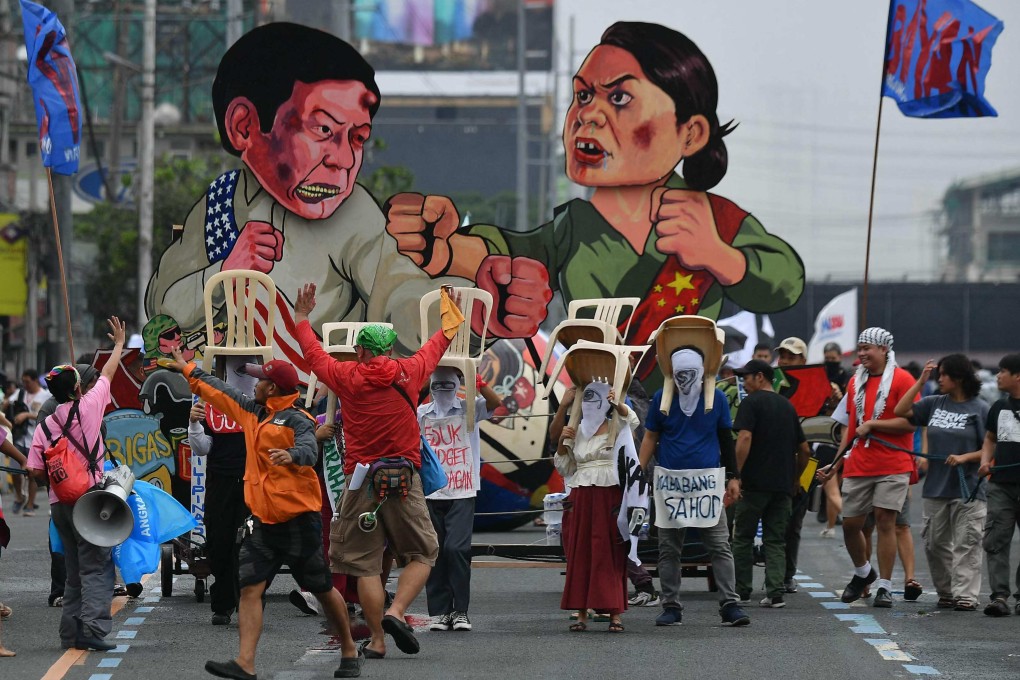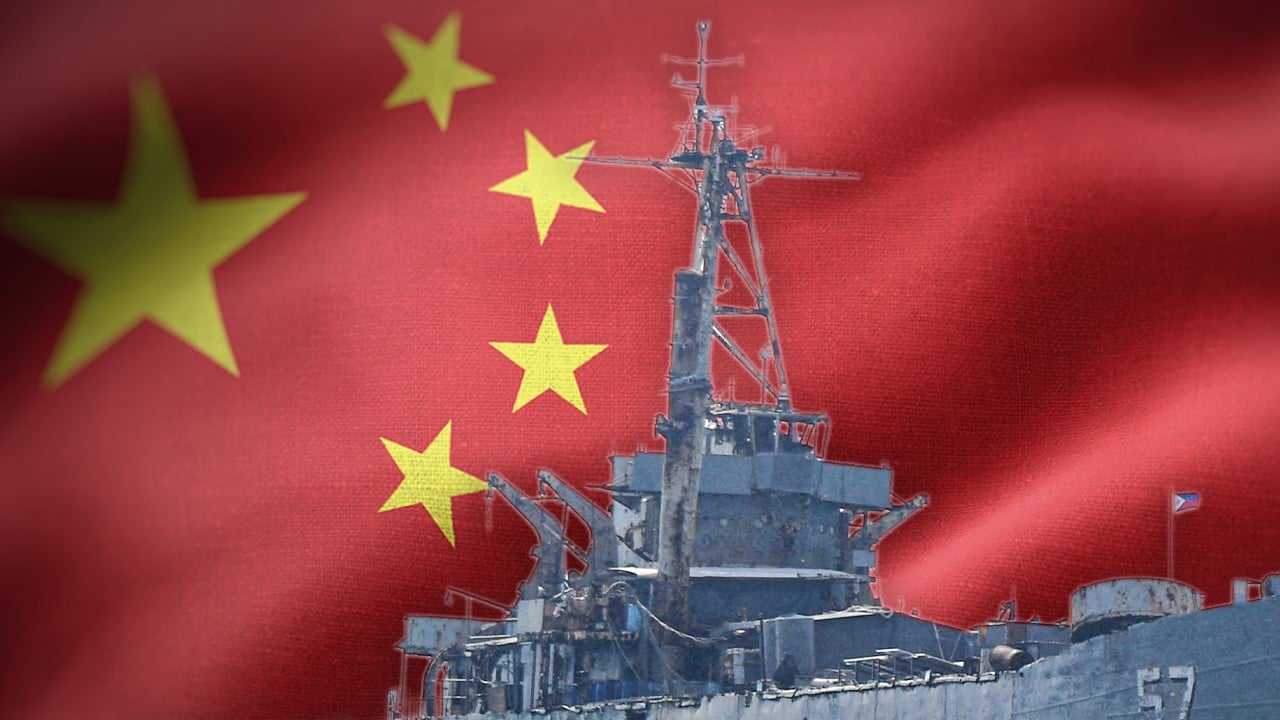Advertisement
Opinion | How China became a major policy issue in Philippines’ midterm elections
- Domestic issues tend to top Philippine voters’ concerns, but recent events could make Ferdinand Marcos’ foreign policy a decisive factor
Reading Time:3 minutes
Why you can trust SCMP
0

“[H]eads will roll,” Philippine President Ferdinand Marcos Jnr warned after mayor-turned-fugitive Alice Guo fled the country, evading authorities while facing an arrest warrant over multiple charges related to involvement with criminal syndicates.
Guo’s controversial case came to light following several high-profile hearings by the Philippine Senate which uncovered doubts over her nationality. Philippine law enforcement authorities had earlier linked her to a Chinese online casino, allegedly involved in torture, kidnapping and hacking of government websites.
Guo’s case provoked a national uproar and widespread concern over the potential infiltration of the country’s state institutions by syndicates and spies of Chinese origin. Last month, Marcos announced a blanket ban on Chinese online casinos, otherwise known as Philippine offshore gaming operators (Pogos), accusing them of a “grave abuse and disrespect to our system of laws”.
Pogos, he said, disguised themselves as legitimate entities but in reality ventured into “illicit areas furthest from gaming, such as financial scamming, money laundering, prostitution, human trafficking, kidnapping, brutal torture, even murder”.
Many Chinese citizens, seeking overseas work on false promises, have fallen victim to criminal syndicate groups operating online casinos in the Philippines.
Indonesian authorities detained the sister and another known associate of Guo last week. However, the fugitive ex-mayor’s case has opened a Pandora’s box with major geopolitical ramifications. Ahead of the midterm elections, the Marcos administration and its allies are making China a central policy issue.
Advertisement
Select Voice
Choose your listening speed
Get through articles 2-3x faster
1.1x
220 WPM
Slow
Normal
Fast
1.1x

